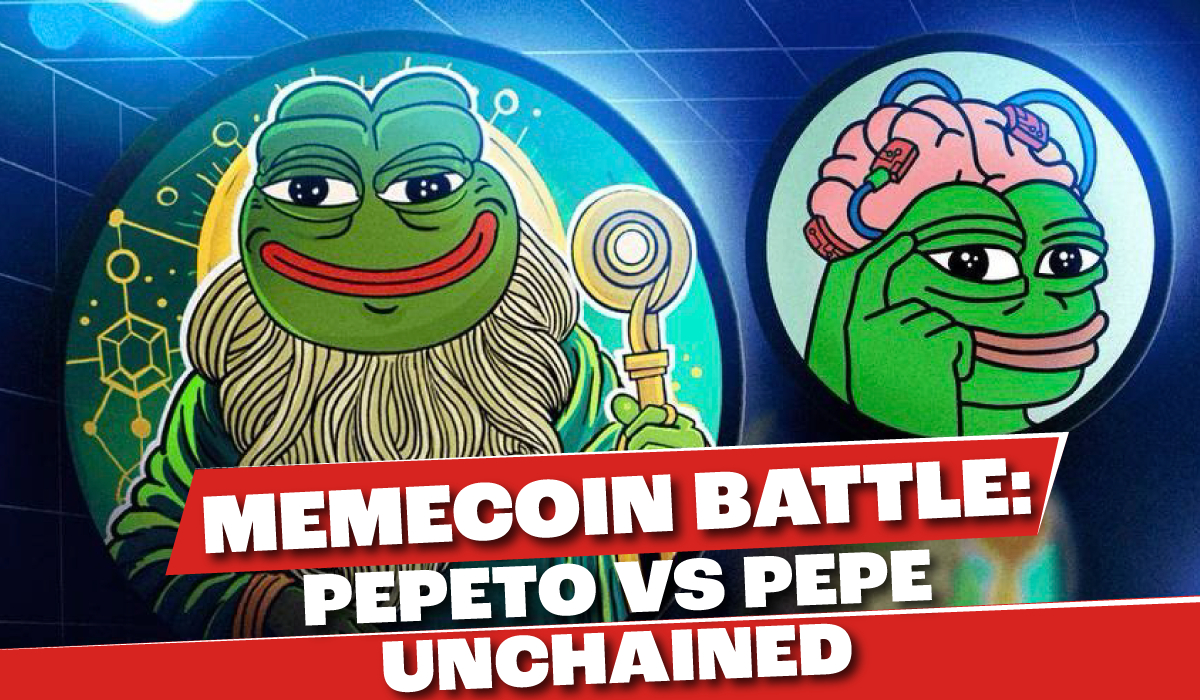ARTICLE AD
Bonk Killer amassed a market value swiftly. However, this growth halted abruptly when traders found they couldn’t sell their tokens.
The cryptocurrency world experienced an unusual event on April 29, 2024, when a relatively little-known meme coin called Bonk Killer (BONKKILLER) that operated on the Solana blockchain experienced a massive surge, reaching an incredible $328 trillion market capitalization.
🚀🔥 Don't fall for the hype!
🛑 Memecoin Bonk Killer may have hit a jaw-dropping $328 trillion market cap, but it's nothing more than a honeypot scam.
With holders unable to sell their tokens, it's a cautionary tale in the wild world of crypto.
Stay vigilant and do your… pic.twitter.com/HromArT463
This huge figure, surpassing the global Gross Domestic Product substantially, sending shockwaves throughout the crypto community. However, beneath this record-breaking achievement lay a disturbing reality of Bonk Killer, a honeypot scheme designed to lure investors and steal their funds.
Honeypot scams are notorious in cryptocurrency, designed to tempt buyers with promises of huge gains. In Bonk Killer’s case, the meme coin’s potential for immense growth attracted investors. However, the scam relies on a crucial element – the developers embed harmful code in the smart contract that prevents investors from selling their tokens, resulting in significant losses.
Bonk Killer’s $1.62M Honeypot Scam
Bonk Killer amassed a market value swiftly. However, this growth halted abruptly when traders found they couldn’t sell their tokens. The developer, armed with special code powers to freeze transactions, disabled all token transfers. This confirmed that “Bonk Killer” was a deceptive scheme designed to lure investors without allowing withdrawals, as revealed by SolanaFloor, a Solana-focused news platform.
“[BONKKILLER], a scam and honeypot token, surpasses $100 trillion market cap following developer action to freeze token holders’ accounts and prevent token sales,” said SolanaFloor.
Beyond just looking at the market capitalization of a crypto project, on-chain data revealed concerning behavior. In this scam, the creator behind a project called Bonk Killer allegedly stole a massive $1.62 million from innocent users across eleven separate transactions.
Several traders are still purchasing BONKKILLER tokens despite multiple platforms cautioning investors about the honeypot scam, according to the information by Birdeye.
Unfortunately, the Bonk Killer event is not alone. one in six meme coins introduced on Ethereum’s layer-2 scaling solution Base were labeled scams or showed scam traits. The analysis further revealed that 91% of the analyzed meme coins had at least one security flaw.
Meme Coin Vigilance Strategies
Malicious actors can take these vulnerabilities advantage, but some experts think they could also happen because the creator didn’t understand proper security protocols. Maybe the meme coin was made as a joke or to make fun of the industry without checking for important security measures.
The Bonk Killer incident highlights the vital importance of being cautious in the cryptocurrency space. Tools that analyze smart contracts and tokens in real-time can help detect potential traps before they harm investors. These tools are essential for preventing blockchain scams.

 7 months ago
36
7 months ago
36 

